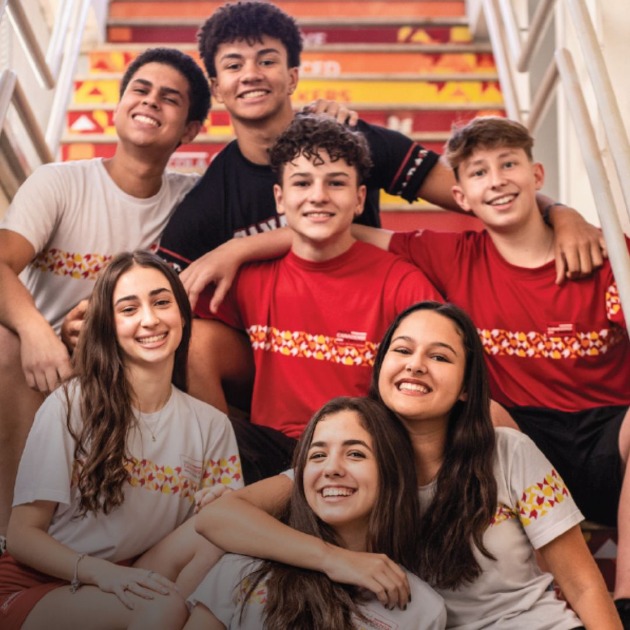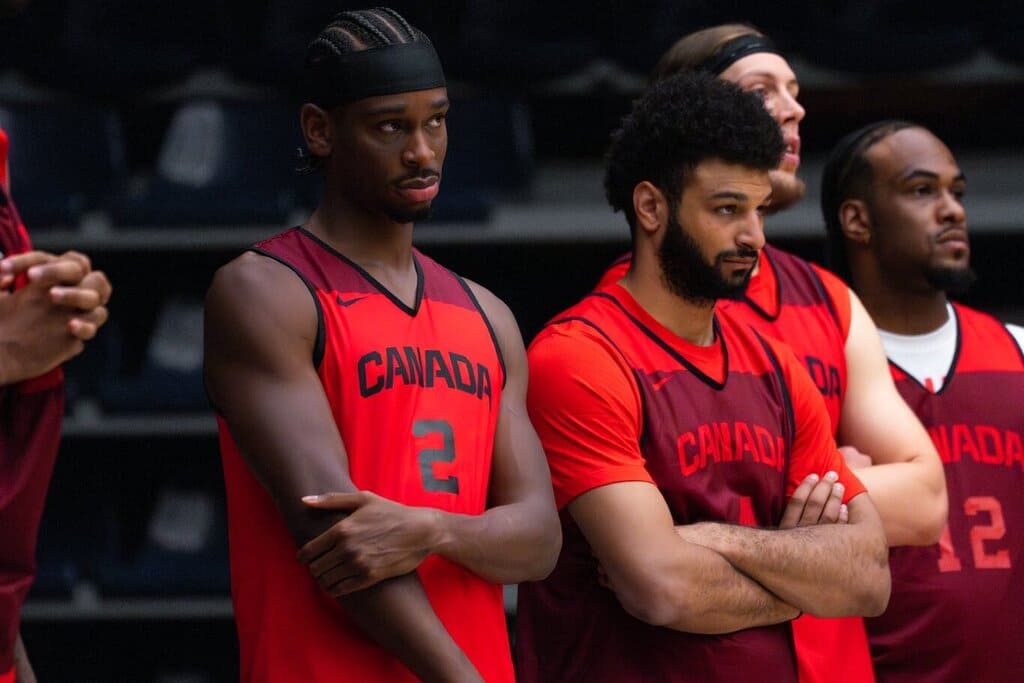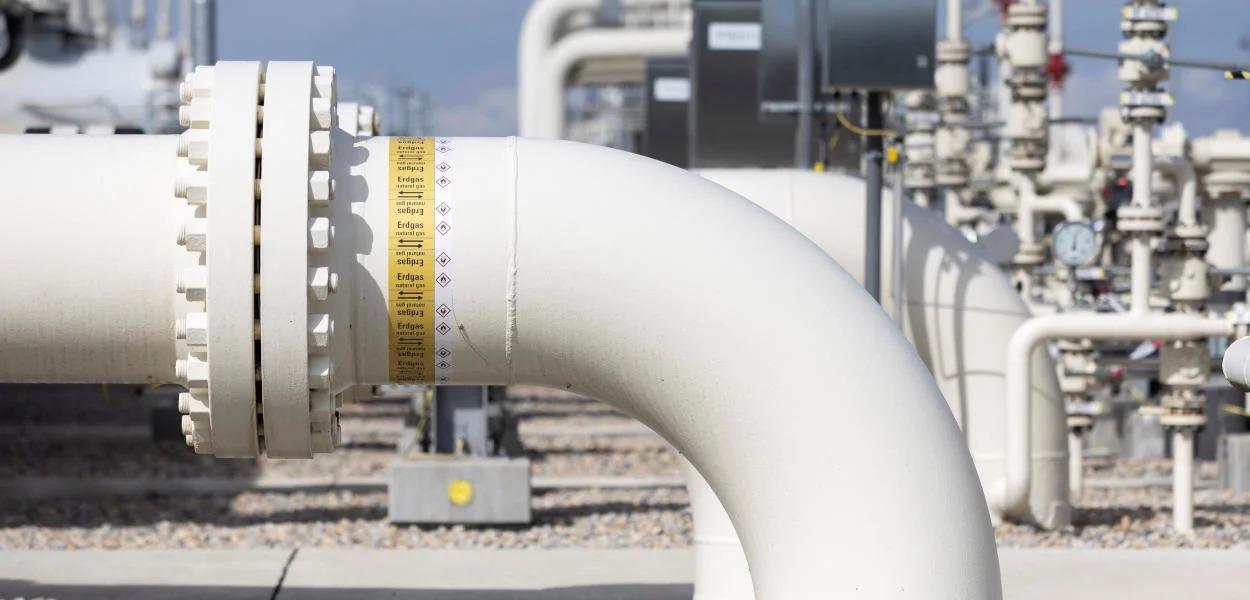Quinn is a Canadian player and was the first transgender and non-binary person to compete in the global competition.
The 2023 Women’s World Cup has generated a lot of repercussions on the web with agendas of struggles on social issues, homophobia, gender equality and racism.
Canadian Midfielder, quinnhas stood out in these debates not only for her talent on the court, but also for her courage in speaking out about her gender identity.
Quinn made history by becoming the first transgender, non-binary person to compete in a World Cup, both male and female. The star played a full 90 minutes in the 0-0 draw against Nigeria in Melbourne.
Although the result was not good for Canada, Quinn has already had other career achievements, such as gold at the Tokyo Olympics in 2021.
Quinn uses neutral pronouns and replaces the English terms “they/them” which are often used to refer to her. In the Portuguese language, many people adopt the terms “elu/delu”.
On her social networks, the player shares her daily life, in particular her gender affirmation operation, a mastectomy which brought confidence and relief to Quinn.
In 2020, the athlete came to terms with his non-binary identity, marking a moment of significant transformation in his life. Along with communicating her change in gender identity, the player said she will no longer use her first name, Rebecca, and will only use her last name, Quinn.
In a conversation with the Toronto Star, Quinn said: “I want to be a visible figure for young trans people or people who question their gender, people who explore their gender.”
“There are a lot of trans athletes and trans people in the media and in politics, but I don’t think those faces are common enough. » he said.
Quinn plans to pursue a sporting career and participate in important competitions, showing that she is only at the beginning of her history in football and in the fight for gender equality.

“Prone to fits of apathy. Beer evangelist. Incurable coffeeaholic. Internet expert.”







